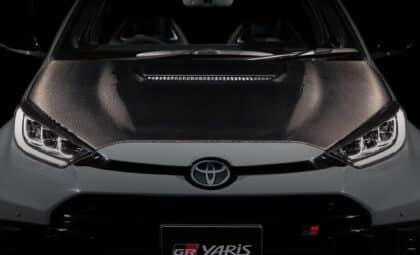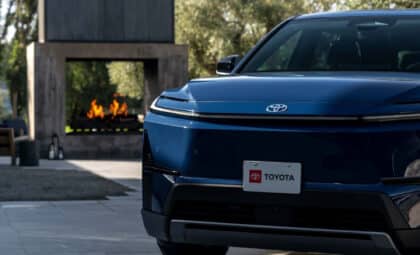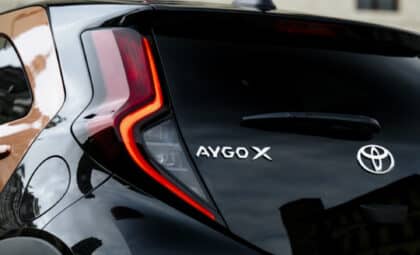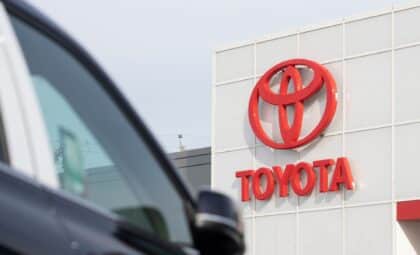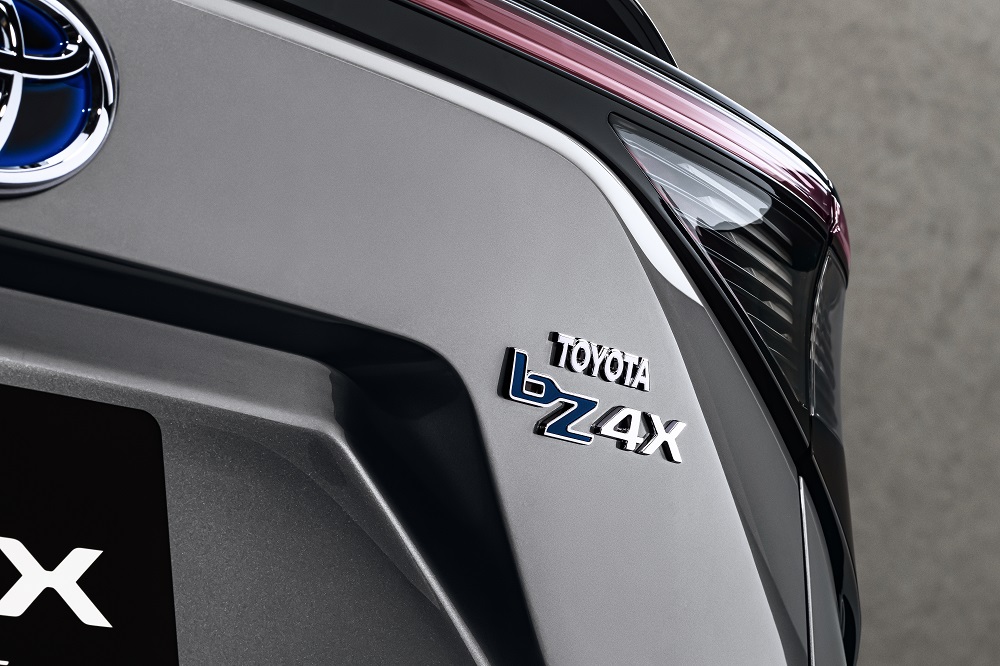 Photo: Toyota
Photo: Toyota
Most major automakers have now set a date by which they expect to sell only all-electric vehicles. Volvo ambitiously wants half of its sales to be fully electric by 2025. The U.K. plans to ban diesel- and gas-powered cars in 2030. GM says that by 2035, only its heavy-duty vehicles will have tailpipes. Honda aims to go 100 percent electric by 2040.
These are just a few examples and yet Toyota, which has done more to reduce emissions around the world than almost all other automakers combined, is not quite on board. Though Toyota does have all-electric vehicles in the pipeline, it believes hybrid vehicles will remain relevant for a very long time to come.
Related: Toyota’s alternative fuel vehicles
“It’s too early to concentrate on one option,” said Toyota executive Shigeki Terashi at a recent general shareholder meeting in Japan. Earlier this year, the company released a set of goals that showed it anticipates 85 percent of new vehicles sold in the U.S. in 2030 will have tailpipes.
According to Terashi, Toyota is more concerned about carbon emissions generated throughout the entirety of a vehicle’s lifecycle, from production to scrap. In fact, it recently pulled forward its goal for carbon-neutral global manufacturing by 15 years, from 2050 to 2035.
Toyota is concerned that producing the batteries and electricity that EVs need can generate more emissions than those vehicles save on the road. This is a contentious topic in the industry as studies seemingly prove both sides of the argument. But a meta-analysis of these studies, conducted by the Technical University of Eindhoven and published in 2020, found flaws such as manufacturers underestimating battery lifespans. Ultimately, the science does suggest that EVs will reduce carbon emissions.
Road Trip: How to keep your SUV clean on a summer adventure
Nonetheless, Toyota says that “in the end, what matters is what customers choose.” At the moment, EVs make up only 2 percent of the United States car market. That’s a very small slice of the pie for automakers to commit to, but there’s no telling how large that slice will get in the coming years. Toyota thinks that offering a “full menu” of options, including gasoline, hybrid, plug-in hybrid, battery-electric, and fuel cell vehicles, is preferable.
That said, it’s not as though Toyota is abandoning the idea of EVs. Its new all-electric bZ4x SUV will go on sale in 2022 and will be followed by seven more electric vehicles before 2025. When you’re as large as Toyota, which sells nearly 10 million cars every year, you can probably afford to diversify.
Kurt Verlin was born in France and lives in the United States. Throughout his life he was always told French was the language of romance, but it was English he fell in love with. He likes cats, music, cars, 30 Rock, Formula 1, and pretending to be a race car driver in simulators; but most of all, he just likes to write about it all. See more articles by Kurt.

